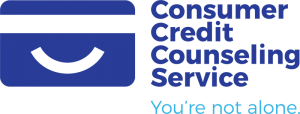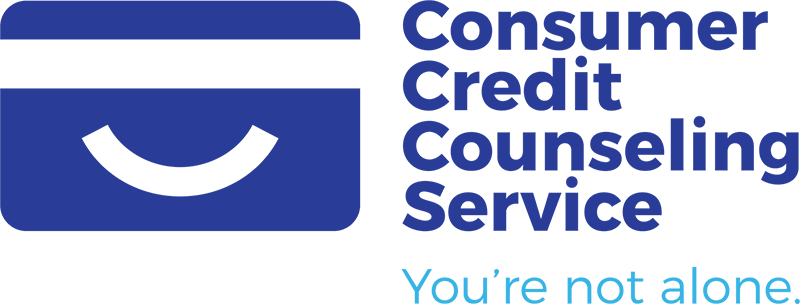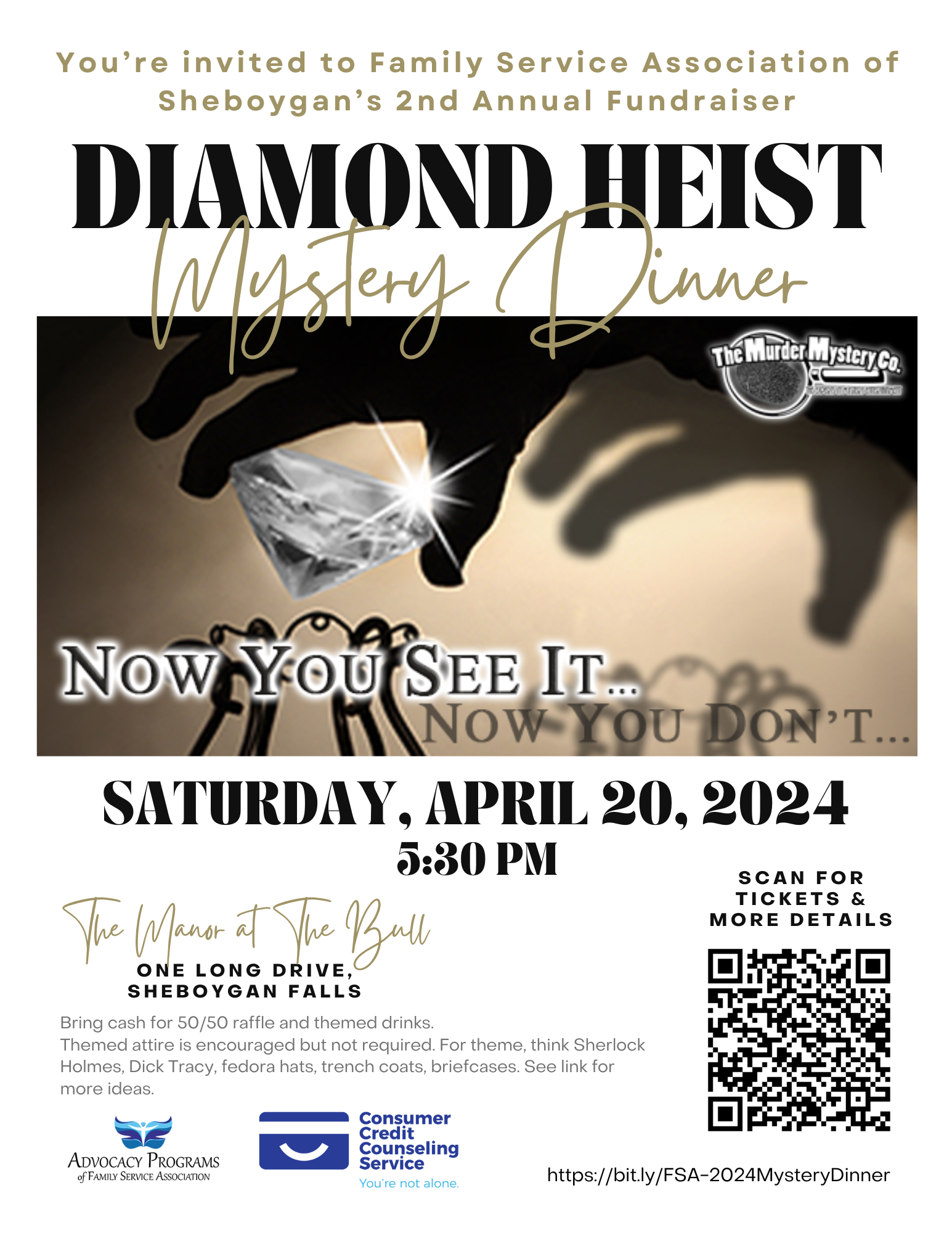Consumer Credit Counseling Service News Articles
Home » News Articles »
You have heard the saying, “Bad things happen to good people.”
Last week I heard of two people who were scammed by being good people. It happened in Madison, just outside a credit union. On two different occasions, a man approached a credit union member, asking each of them for help to cash a personal check. He explained that he and his family were stranded in Madison on their way back to New Jersey, and he needed to cash a check for gas and food so they could get back home. He said that because he didn’t have an account at the credit union or an ATM card, the credit union wouldn’t cash the check for him.
So the man asked both people if he could make a personal check payable to them. Both people could cash the checks and keep $10 for their trouble, give him the rest of the money, and he would be on his way. Both people fell for the scam. Neither kept the $10 because, after all, they were good people. They just wanted to help the family get back home. Each of the checks was for $480. The scammer got away with $960 because the checks were on an account that had been closed for insufficient funds.
Another relatively new credit card scam involves scammers who already have your credit card number, but need security numbers (commonly the last three numbers on the back of the card). They will call pretending to be from Mastercard, Visa, or some other credit card company or financial institution.
The caller never asks for your card account number. They may say something like they expect fraudulent activity on your account, or that your security codes have been compromised, so they would like to verify the current three numbers on your card. The caller then tells you that in the next two days a charge for some amount may appear on your account, but you should ignore it as a credit will post on your next statement. By that time, more charges appear, and will continue appearing until you report the unauthorized charges to your real card company or until the thief has
maxed-out your credit limit.
Most credit card issuers do employ security technology that identifies any unusual purchase patterns. You may, indeed, receive a call to verify you’re in possession of your card. However, the issuer will never ask you to provide information printed on your card. They already have it. A credit card company may be able to issue a credit for unauthorized charges, but you will need to complete some paper work when you notify the credit issuer.
You should also know the three-digit Card Verification Value on the back of the card is a means to verify card possession. It is used by Internet and mail/telephone order merchants. This number will never be used by a credit card issuer to verify anything because they already know the number that has been assigned to the card.
Need answers to your financial questions? Write Ken King, executive director of Family Service Association, at 1930 N. Eighth St., Sheboygan WI 53081 or e-mail him at ken.king@excel.net. Family Service Association is a United Way agency that helps people improve their financial stability and quality of life by providing education, counseling, advocacy and financial management programs.
Reproduced with permission of the copyright owner. Further reproduction or distribution is prohibited without permission.


